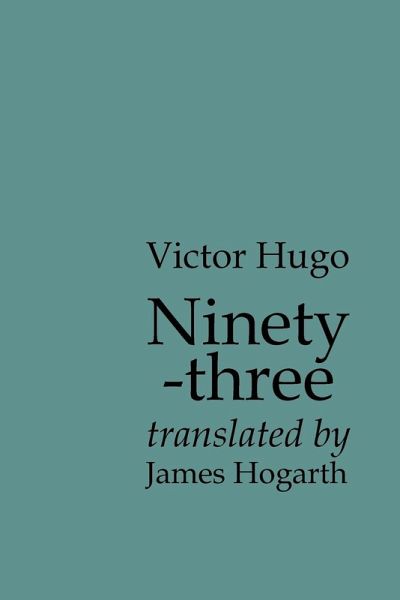
Ninety-three
Versandkostenfrei!
Versandfertig in 1-2 Wochen
22,99 €
inkl. MwSt.

PAYBACK Punkte
11 °P sammeln!
Ninety-three, the last of Victor Hugös novels, is regarded by many ¿ including such diverse critics as Robert Louis Stevenson and André Maurois ¿ as his greatest work. 1793, Year Two of the Republic, saw the establishment of the National Convention, the execution of Louis XVI, the Terror, and the monarchist revolt in the Vendée, brutally suppressed by the Republic. Hugös epic follows three protagonists through this tumultuous year: the noble royalist de Lantenac; Gauvain, who embodies a benevolent and romantic vision of the Republic; and Cimourdain, whose principles are altogether more r...
Ninety-three, the last of Victor Hugös novels, is regarded by many ¿ including such diverse critics as Robert Louis Stevenson and André Maurois ¿ as his greatest work. 1793, Year Two of the Republic, saw the establishment of the National Convention, the execution of Louis XVI, the Terror, and the monarchist revolt in the Vendée, brutally suppressed by the Republic. Hugös epic follows three protagonists through this tumultuous year: the noble royalist de Lantenac; Gauvain, who embodies a benevolent and romantic vision of the Republic; and Cimourdain, whose principles are altogether more robespierrean. The conflict of values culminates in a dramatic climax on the scaffold. Following a distinguished career as a civil servant, James Hogarth acquired a reputation as a versatile and punctilious translator. His translations span travel guides, archaeological texts, and novels. In 2002 he won the French-American Foundation Translation Prize for his English translation of Victor Hugös Travailleurs de la Mer. He died in 2006.



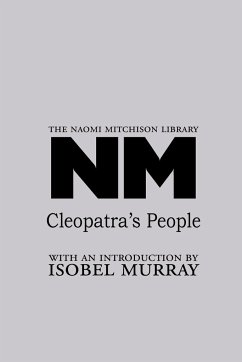
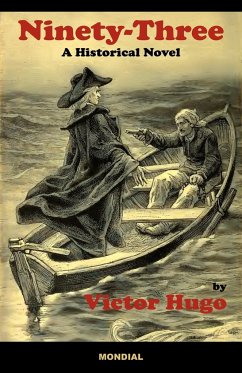
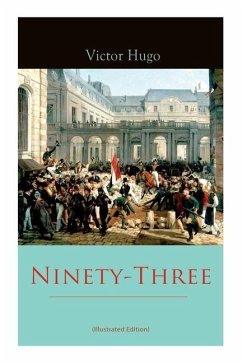
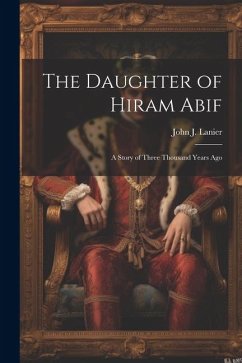

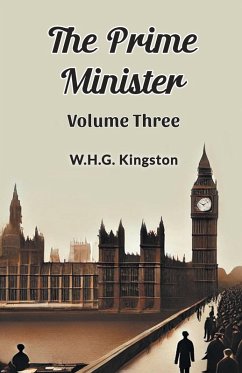


![The Three Crimes [microform]: Rawdon, St. Liboire, St. Canut: Complete History of the Murders: Horrible Details: Public Vindication Cover The Three Crimes [microform]: Rawdon, St. Liboire, St. Canut: Complete History of the Murders: Horrible Details: Public Vindication](https://bilder.buecher.de/produkte/65/65516/65516357n.jpg)
